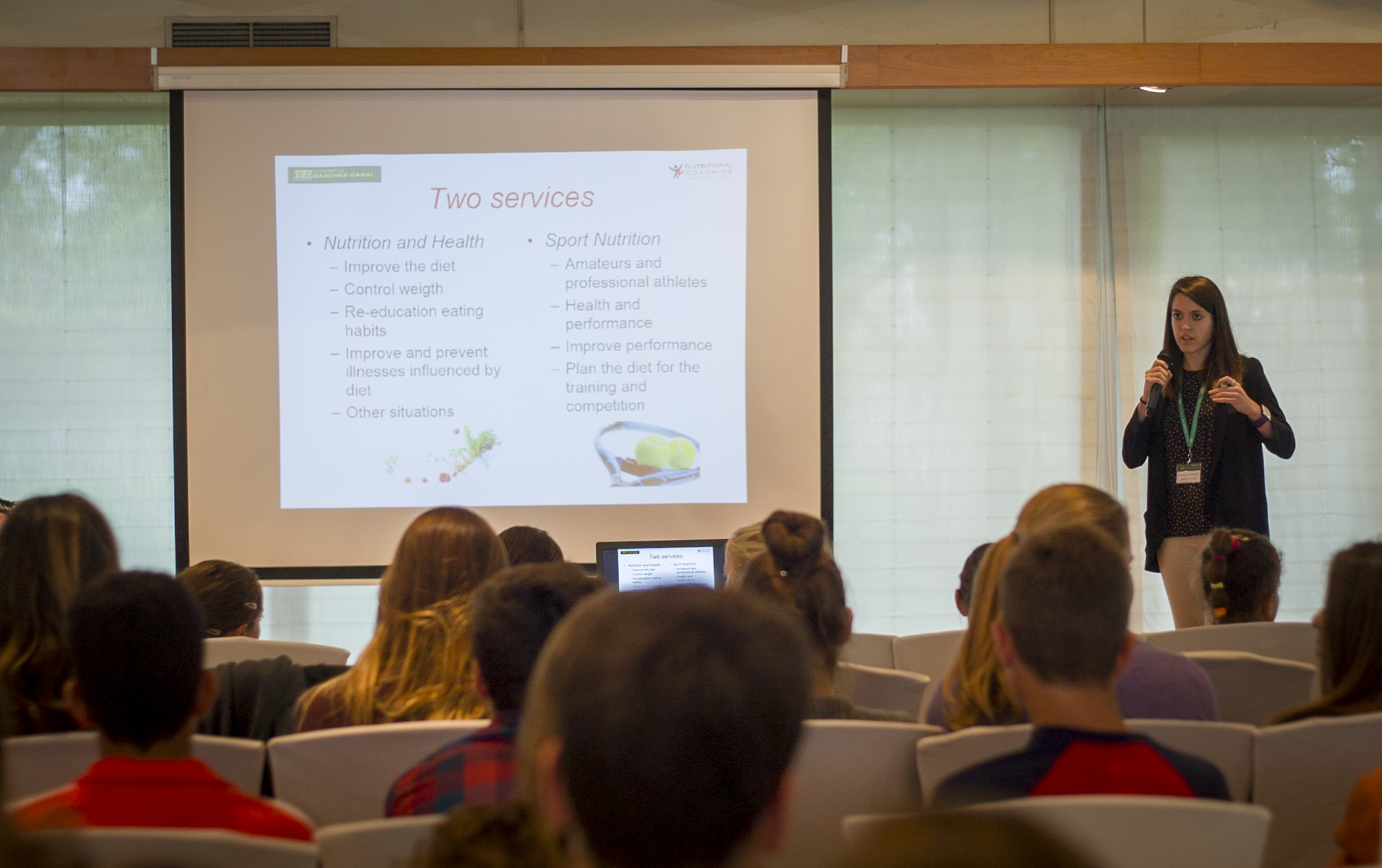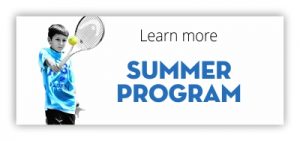
By Sergi Bonillo, Food and Beverage manager at Academia Sánchez-Casal, Barcelona.
The vast majority of people who have lost weight and maintained their new weight over time have not followed a particular diet; they have simply learned how to eat well. How did they do it? They have quite simply changed their eating habits.
These people have realized that their weight remains stable because they nourish themselves with foods that fit their lifestyle and energy expenditure. It is possible to do this anywhere in the world, by adapting both specific foods and cultural and religious barriers to the nutritional needs that our metabolism requires.
People who have achieved the goal of losing weight, regardless of where they are from, regardless of religion, race or belief, all use the consumption of complex carbohydrates and incorporate several servings of vegetables and fruits per day. At the same time, they decrease the consumption of fat, especially saturated fats and sugary foods.
Weight loss will increment as complex CH from whole grains and legumes are incorporated. You should discard refined grains, as well as refined flours, potatoes and root vegetables, if you want to lose weight.

These simple dietary changes will also help reduce the risk of heart disease and other food-related illnesses, such as diabetes, some cancers, diverticulitis, and hemorrhoids. Many of these illnesses have been classified as diseases by modern society, but they are often caused entirely by a poor diet.
It’s important to keep in mind that there are no good or bad foods; rather, there are eating habits that do not meet our daily nutritional and physical activity needs. Our needs are determined by our age, sex and physical condition. Our diets must also be adapted to our biological state (whether we are in childhood, adolescence, pregnant, or of advanced age, etc.).
The good news is that it is possible to lose weight without getting hungry, but you have to eat a little bit of everything, and create a varied and balanced diet. To achieve the correct weight and be healthy, the techniques that you use to cook, and getting the right amount of food from the different food groups is often more important than activities like following a mono-diet of artichoke and lettuce, for example.

Making a change in your eating habits by implementing a plan appropriate to your daily requirements is not easy, but it is also not impossible. Personally I recommend that this plan be created by a doctor, nutritionist or accredited dietitian. It is worth giving it a go, because of the many advantages:
- You will not go hungry.
- You will still be able to enjoy food.
- There is no reason to eat a different menu from the rest of your family.
- It will not cause bad moods, anxiety, or depression.
- You will not regain lost pounds afterwards.
- You will not feel fatigue or lack of energy.
- If you also incorporate physical exercise, you will not have to suffer from flaccidity, or stretch marks.
At the Sánchez Casal Academy, we are well-known for teaching and educating our players about nutrition and eating habits, and for that reason, we continually work hard to ensure that our customers know how to choose the right foods. The questions we ask are what, when, how and why you should eat each food.
For our student-athletes, we provide a program of nutritional talks and workshops where we emphasize issues that concern us most and which we consider key to high performance success: hydration, recovery, ergo genetics, and nutrition in sports in general. We also offer a more personalized and detailed nutritionist service for both athletic and general health needs.

This summer, we have launched a promotion for all those players who choose the academy as a training ground, even if it is just for a short period of time. Often, we see athletes in the summer who are only staying for short time, perhaps just a week, and we know it can be challenging to influence the eating habits of a person in one week and see results.
However, we believe the beginning of good eating habits can start here, so we are offering all of our summer athletes a service that includes two visits per week to our nutrition service. The objectives are to identify each person’s ideal eating habits in order to improve their athletic performance, as well as for athletes to know their body composition and nutritional status. The athletes will finish these two visits with a refined knowledge of their own needs, and a nutritional pattern to put into practice in their home, in whichever part that is of the world that may be.
Sergi Bonillo
Food and Beverage manager at Academia Sánchez-Casal Barcelona
















